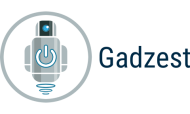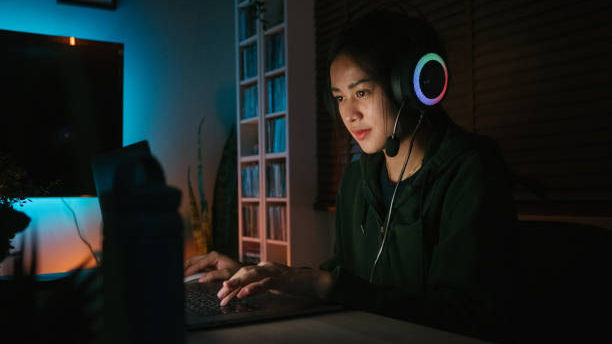Can AI Replace Human Intelligence
Do you fear that artificial intelligence could soon replace you at work? Don't worry! Here's why AI can't replace humans in the workspace completely.
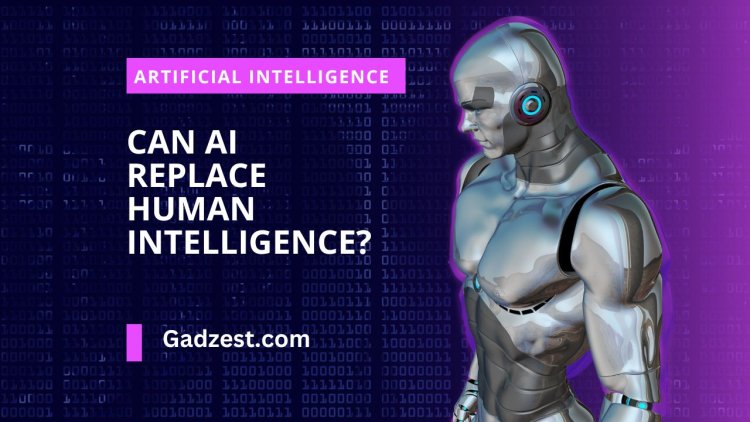
When employers look at the fast growth of Artificial Intelligence (AI) technology in the job market today, they usually think of automated processes that make work easier, faster, and more efficient. On the other hand, employees possibly worry that AI Replace Human Intelligence and will take their jobs.
AI is meant to replace physical work with a better and faster way to get things done, but it can't do everything by itself in the workplace. This piece will show you why humans still have a lot to offer in the workplace and why AI can't fully take their place.
Here are the 5 reasons Why AI Can't Replace Human Intelligence?
1. AI don't have emotional intelligence
Emotional intelligence is one thing that sets people apart and keeps them useful in the workplace. You can't say enough about how important emotional intelligence is at work, especially when working with clients.
As social animals, humans need to feel emotionally connected to other people. This is a basic need that can't be denied. AI tries to be as smart as people, but it's harder to copy emotional intelligence than intellectual intelligence. Why? Because it takes empathy and a deep understanding of the human experience, especially pain and suffering, and AI doesn't feel pain.

Smart business owners and company leaders know how important it is to appeal to the feelings of their employees and clients. A machine can't connect with people on this level, but as a person, you can improve your emotional intelligence.
No matter how well AI machines are programmed to react to people, it is unlikely that people will ever feel so emotionally connected to them. So, AI can't replace people, especially since business growth depends on meeting with other people.
2. AI Can Only Work With The Data It Gets
AI can only work with the data it gets. Anything more than that would be too much for the machine to handle, and that's not how robots are made. So, the machine is useless if the information put into it doesn't include a new area of work or if its formula doesn't include unplanned events.

In the tech and manufacturing businesses, these kinds of problems happen often, and AI builders are always trying to find short-term solutions. One common myth about artificial intelligence is that AI tools will respond to any situation.
So, if you're worried that AI will spread to every industry and get rid of the need for your skills, you can rest easy knowing that won't happen. AI can't easily copy human thinking or the way the human brain can analyze, create, improvise, move, and gather information.
3. AI can only be creative with the information it gets.
AI isn't as good as humans at coming up with new ideas and ways to do work because, as we've already said, it can only work with the data it gets. So, it can't come up with new ways, styles, or patterns of doing work and has to stick to the forms that were given to it.
Both employers and workers know how important creativity is in the workplace. AI is made to do boring, repetitive tasks, but creativity gives us the pleasant feeling of doing something new and different. Creativity is the key to coming up with new ideas.
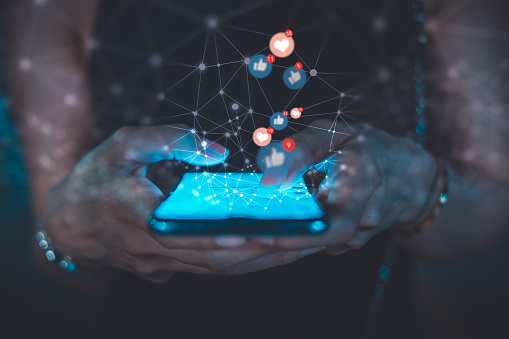
Being able to think outside the box is related to being able to think creatively. Machines are made to "think within the box." This means that AI tools can only work based on the data they are given.
On the other hand, people can think outside the box. They can get information from different places and come up with solutions to hard problems even when they have little or no data to work with. AI can't replace people in the workplace because it can't think outside the box or come up with creative ideas for innovation.
4. AI Does Not Have Soft Skills
Every person in the workplace needs to have soft skills. Some of them are working as a team, paying attention to details, thinking critically and creatively, communicating well, and getting along with other people. These soft skills are needed in every field, and you need to work on them if you want to do well in your career.
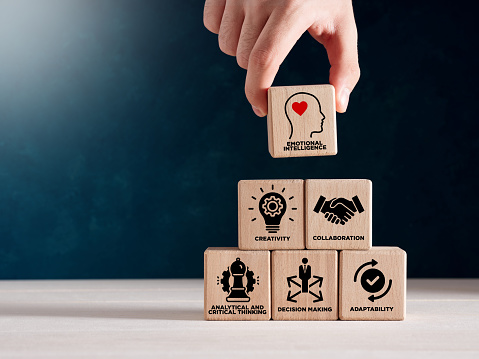
People are taught and expected to have these skills, and developing them is good for everyone, no matter what role they hold. Executives of a company and field workers in any industry need them to do well. So, these soft skills give you an advantage over AI in the workplace.
Soft skills, on the other hand, are not something that robots with AI can do. AI can't teach these soft skills, which are important for growth and progress in the workplace. To learn these skills, you need to be smarter and have more emotional intelligence.
5. Humans Make AI Work
Without the knowledge of people, there would be no artificial intelligence. Artificial intelligence means that it was made by people. AI is made with lines of code that are written by people. Humans put the information that AI computers use into them. And people are the ones who work with these machines.
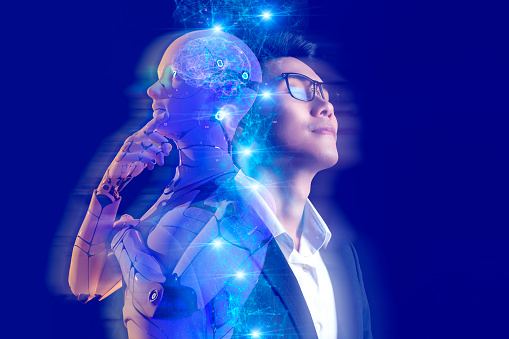
As the number of ways AI can be used grows, so will the need for human services. Someone has to plan the AI processes of the machine, build it, run it, and take care of it. This can only be done by people. Based on these facts, you can confidently throw out any ideas that AI will replace people in the workplace.
Don't be afraid,use it grow yourself
You don't need to be afraid of artificial intelligence. But you have to step up your game if you don't want to be replaced by AI. Improve your skills, keep up with the latest trends in your area, and think outside the box. So, you will be a valuable tool that no employer would want to lose.
So, the next time you hear that artificial intelligence could put people out of work, you can point to this story and know that people will always be better than AI.
